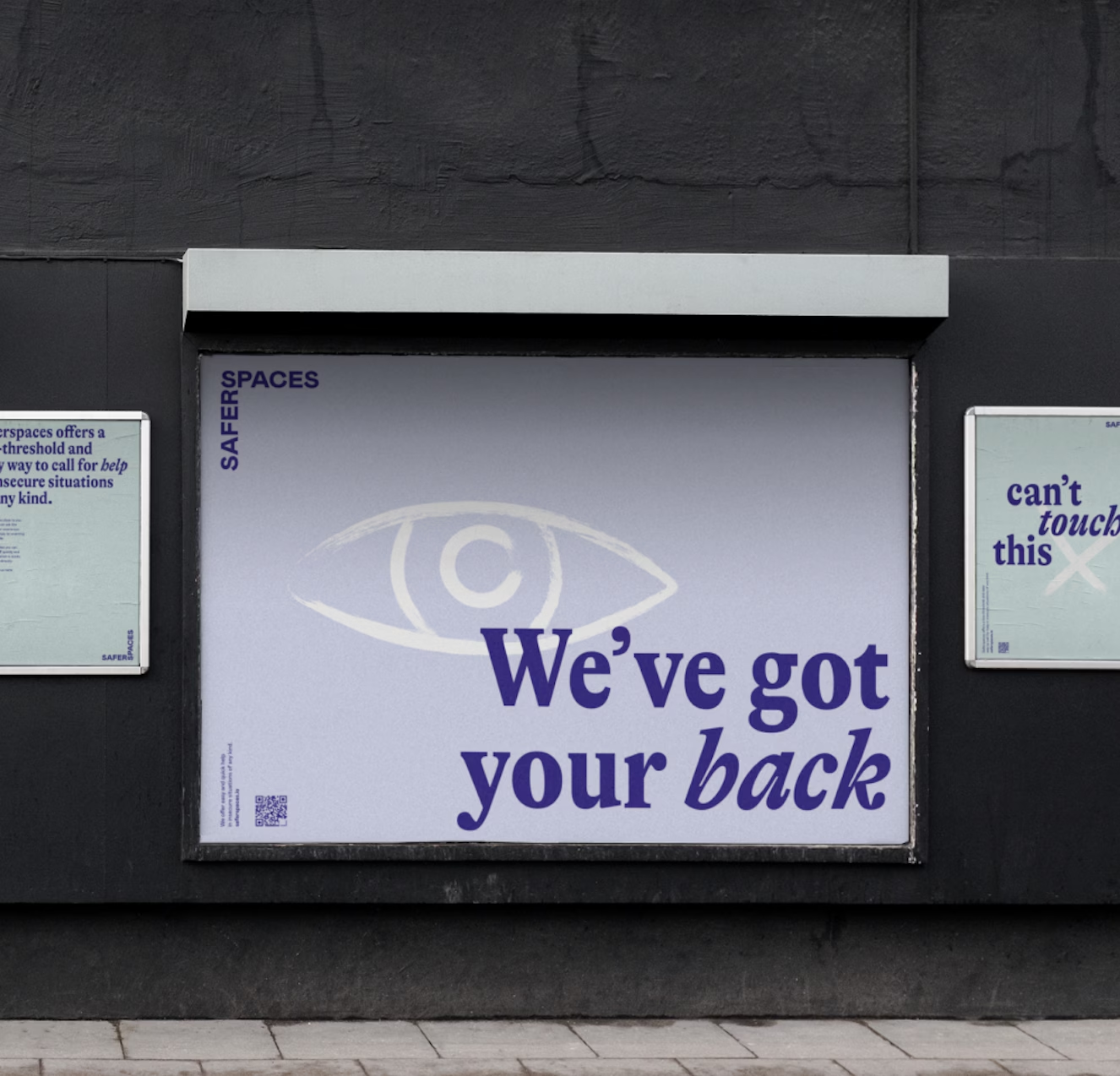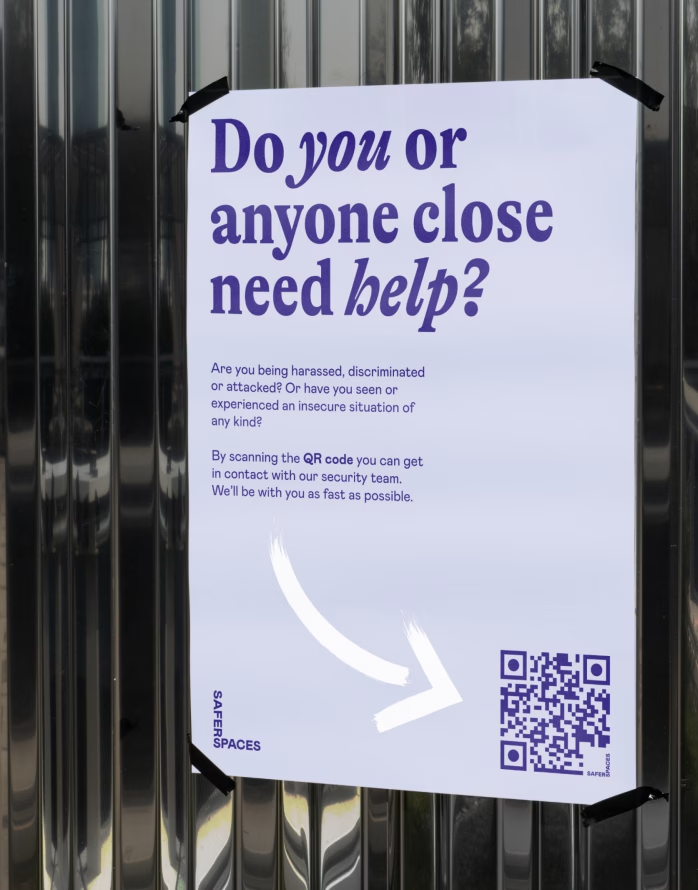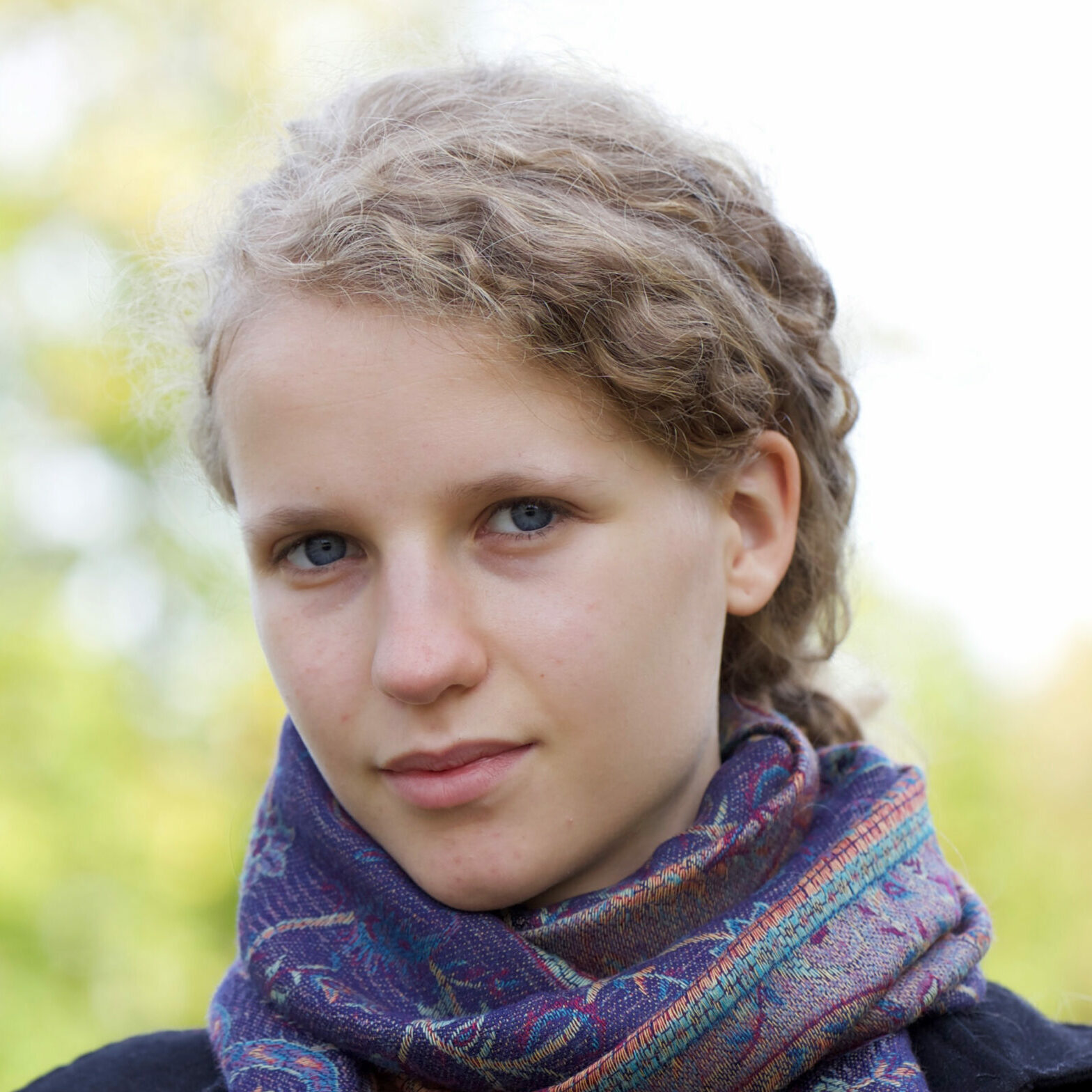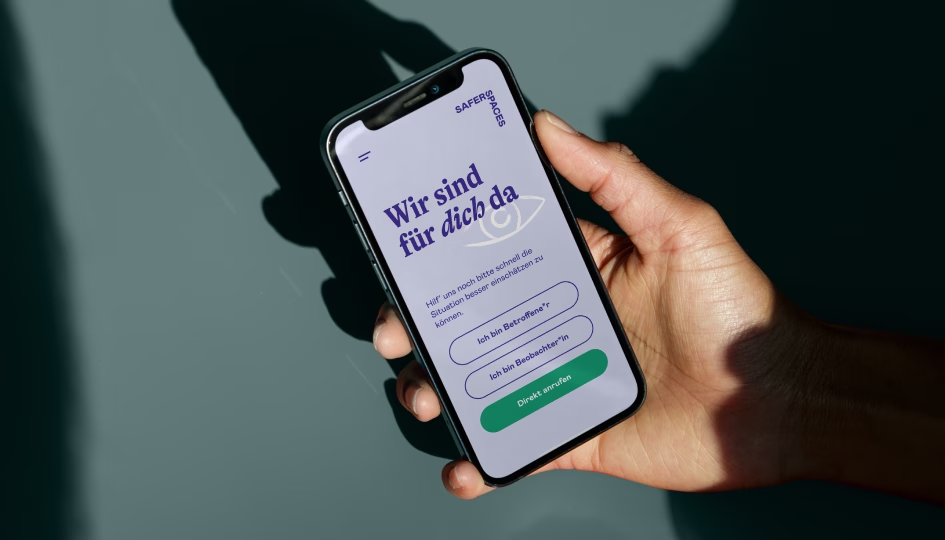Unfortunately, the travel sector is not the most socially sustainable. Sexual harassment, maltreatment and child work occur in many incidences. But – how can we change the status quo and create a healthy and safe environment for employees and travelers alike?
On this background, we are delighted to welcome Leah from saferspaces. With saferspaces, she and her team have created a platform that strengthens safety and inclusivity in various environments. Whether at large events, in businesses, or public spaces, saferspaces provides a seamless way for people to seek support or report incidences discreetly—helping organizations take proactive measures to foster a safer atmosphere.
Leah, when did you start working on saferspaces and how did you get the idea?
I started working on saferspaces in 2023 together with Gerret Halberstadt and Patrick Carlet. The idea came from the realization that many people experience situations of discrimination or harassment in public spaces, but there are often no easy ways to seek help. We wanted to create a low-threshold, digital solution that allows affected individuals to discreetly connect with trained staff at events, clubs, and public spaces.
"Many people experience situations of discrimination or harassment in public spaces, but there are often no easy ways to seek help.
Where has saferspaces been used at events that attract a large number of tourists?
Last year saferspaces was successfully implemented at UEFA EURO 2024, where it served as a rapid response system to support visitors facing medical or safety-related issues. The system has also been used at large festivals, cultural events, and tourist-heavy locations where ensuring the well-being of international guests is a priority. Additionally, saferspaces is not only used at events but also as a permanent solution in music clubs, companies, healthcare facilities such as saunas. Here, it serves as an anonymous reporting tool for incidents of discrimination, harassment, or unsafe situations. By integrating saferspaces into these environments, businesses and institutions can provide a safer experience for employees, customers, and visitors.
cultural learning
peer-mentoring
cooperation with professional working places

When thinking about a typical trip - where do you see potential for situations that people do not feel safe?
There are many situations where travelers might feel unsafe, including public transport at night, crowded tourist spots where harassment or pickpocketing can occur, and nightlife areas where alcohol and social pressure can create uncomfortable situations. Additionally, solo travelers, particularly women and marginalized groups, may face challenges in unfamiliar environments where they do not speak the language or know the local support structures. Public spaces such as wellness areas, gyms, and accommodations can also be places where boundaries are crossed, making it important to provide low-threshold reporting options for getting support.

"Accommodations have a crucial role in creating safe/r spaces for travelers."
Although the program currently aligns with the academic calendar, limiting its frequency, there is significant potential for scaling. We are eager to share our innovative model with other institutions interested in aiding refugee populations. Our program is unique, and our primary aim is to make a meaningful impact on our target demographic while also leaving a positive imprint on the hospitality industry. Refugees have an abundance of untapped potential; the key is to provide the necessary time, space, and resources to allow for their growth.
Thank you for this interview. We appreciate your work within the RAH program, and we hope that this article inspires other organizations to launch similar initiatives that make a real difference.

Lilith Diringer
This interview has been conducted by Lilith. Our CEO is eager to learn everything about sustainable travel and share deep insights with you. Her vision is to make people as well as nature profit from travelling. She wishes you a great trip wherever the next booking takes you and is happy to share details and insights on request: [email protected]

